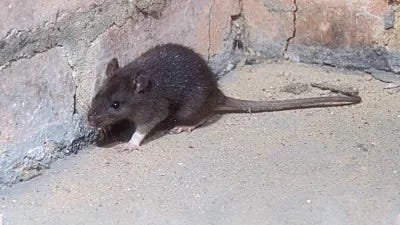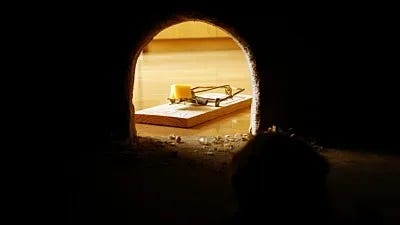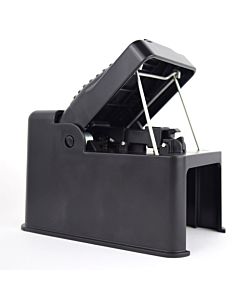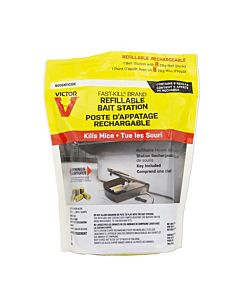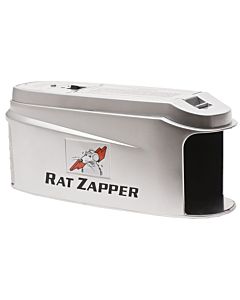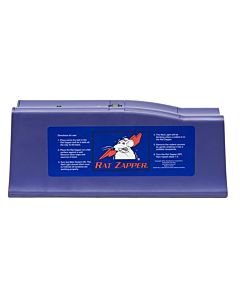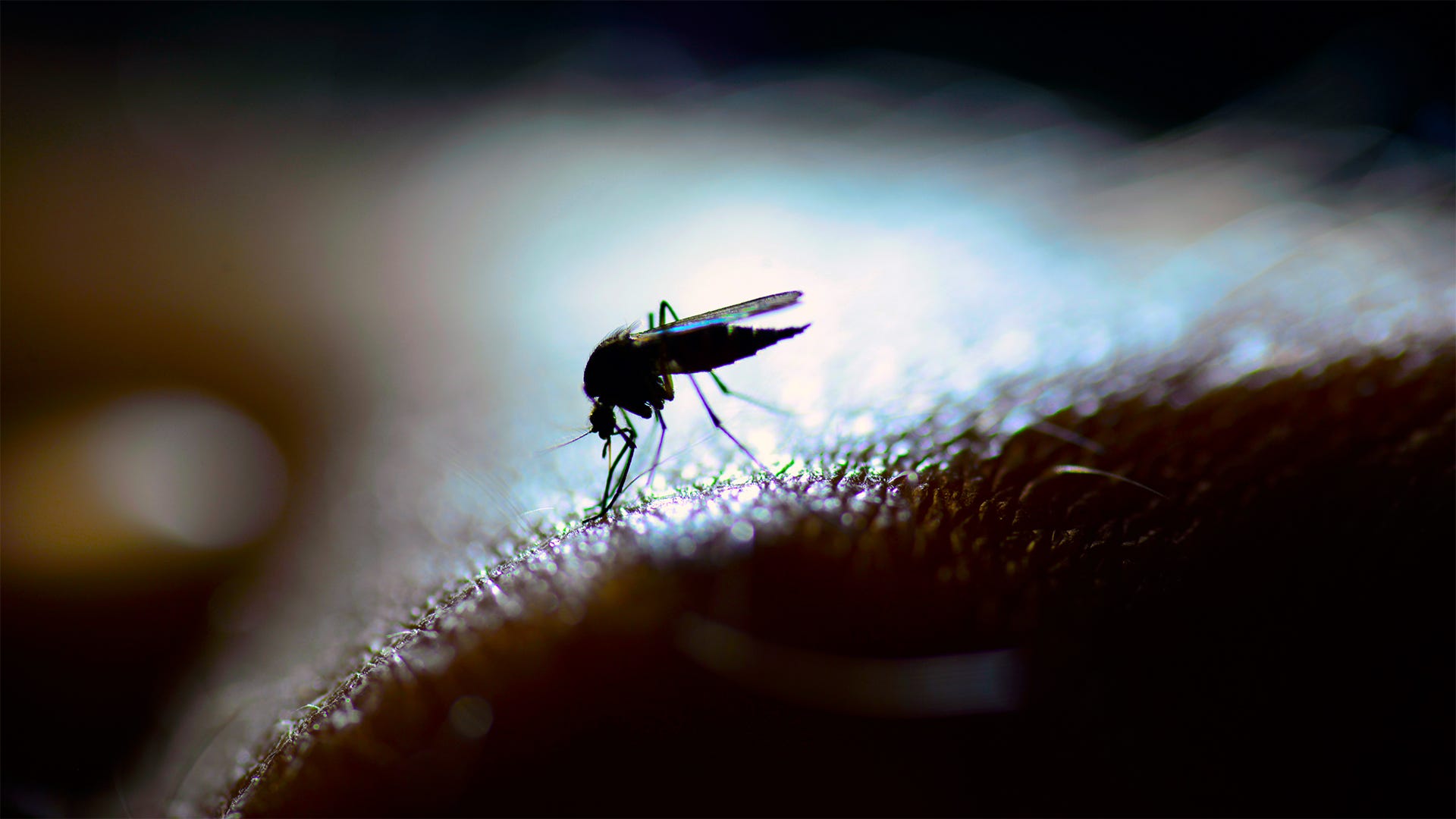
Here Are Seven Mouse Trap Mistakes You're Making… And The Brilliantly Simple Solutions To Solve Them
To get rid of mice, all you need to do is set mouse traps and wait until they're caught, right? Well, yes. But it's possible that you may not be doing it as quickly and effectively as possible. Here are seven common mouse-trapping errors people make, and, more importantly, seven smart and effective strategies that you should be using instead. Try them and see how to get rid of mice swiftly and easily.
Mistake #1: Ruining the Bait
Instead: Keep Your Hands Off Mice can detect your scent on traps you've handled and may then stay away from them. To prevent that, wear gloves when handling mouse trap bait and setting mouse traps. Gloves used for food preparation, health care, or washing dishes all work well. (Be sure to wear gloves to handle a trap after it has caught a pest to protect yourself from disease.)

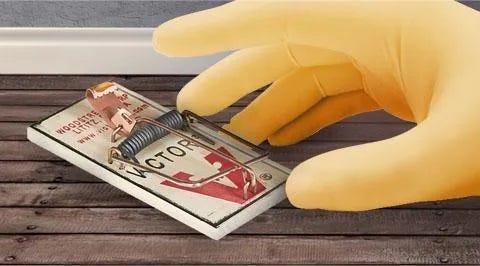
Mistake #2: Using the Wrong Food
Instead: Pick Bait Mice Crave Forget the old cartoon image of mice eating cheese. The rodents are primarily nut and seed eaters, so the mouse trap bait they are most strongly attracted to is peanut butter or hazelnut spread. Their hunger for calories also entices them to try chocolate. When temperatures drop outside, mice come inside, slow down, and focus on building nests, so you can lure them to mouse traps with materials such as cotton balls, dental floss, yarn, and twine. If using snap traps, tie or wrap the fibers around the mouse trap's trigger to force mice to pull or gnaw on the bait, springing the trap. Looking for more help on picking the right bait?


Mistake #3: Using Too Much Bait
Instead: Only Use a Tiny Amount When you load up mouse traps with a lot of bait, the pests can steal some of it without getting caught in the trap. A pea-size amount of mouse trap bait is just right - enough to attract mice, but not so much that they can eat it without springing the trap.


Mistake #4: Expecting Instant Results
Instead: Make Them Comfortable First Mice are naturally wary of new objects in the areas they frequent. You can acclimate them by putting out baited but unset mouse traps for a few days, whether you are using classic snap mouse traps, electronic mouse traps, or live traps. Once you see the mice taking the mouse trap bait, you know that the mouse traps are in the right place and that the pests will return to them. Then it's time to set the mouse traps.


Mistake #5: Setting the Trap in the Wrong Place
Instead: Go to the Wall It's easy to place mouse traps in the wrong place—don't make that error. Because of their innate fear of open areas, mice scurry around the perimeter of rooms and the dark recesses of your home, close to the walls, where their whiskers help them navigate. To catch pests where they are active, place mouse traps along walls where they primarily travel. The bait and trigger end of the mouse traps should be facing the wall so that mice will be tempted to explore them rather than walk around them. Whenever possible, place mouse traps in concealed areas, such as the backs of cabinets or behind your stove (pull out the drawer beneath the oven for easy access).


Mistake #6: Using Too Few Mouse Traps
Instead: Set Many Mouse Traps Close Together Mice reproduce fast and furiously—they can produce six to seven babies in a litter as quickly as every 21 days or so. So you may not realize (or want to think about!) how many of them are in your house, but you can be almost certain there are more than one. To stop an invasion of mice, you need more than a few mouse traps to eliminate the problem quickly. The most effective strategy is to place one mouse trap every 2 to 3 feet along the wall where you've seen signs of activity. In the highest-trafficked areas, set mouse traps in pairs as close as an inch apart.

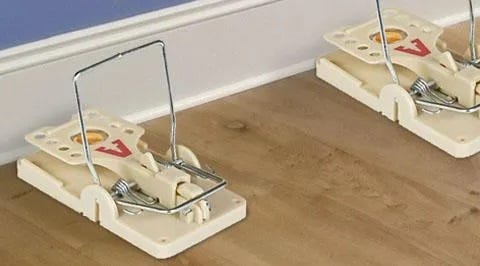
Mistake #7: Starting Slow
Instead: Plan for a Big First Night Studies show that more mice are caught on the first night you set out mouse traps in your home than on any subsequent night. So start your campaign to get rid of mice by setting mouse traps wherever you see signs of their activity, and use many mouse traps and a few different types of mouse trap bait to be sure your opening night is a rousing success.



